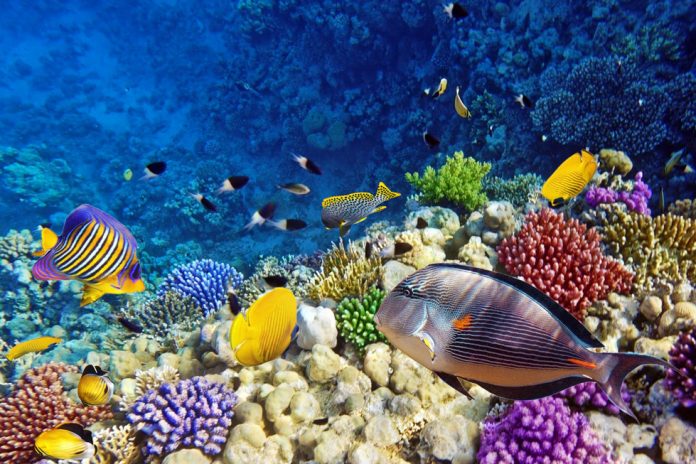A group of Tel Aviv scientists have conducted the latest study published in the Archives of Environmental Contamination and Toxicology further revealing that sunscreen is toxic to the eco system that gives life to coral reefs.
The new research shows that sunscreens containing the chemical oxybenzone (benzophene 3) poses significant threats to the environment even in the smallest amounts.
According to one of the principal researchers Dr. Omri Bronstein of TAU’s Department of Zoology, “The chemical is found in more than 3,500 sunscreen products worldwide. It pollutes coral reefs via swimmers who wear sunscreen or wastewater discharges from municipal sewage outfalls and coastal septic systems.”
The study was done in partnership with the Inter University Institute in Eilat and it used coral reef embryos. Previous studies have already unveiled the fact that sunscreens, particularly those containing oxybenzone, are toxic to coral reefs.
“Oxybenzone pollution predominantly occurs in swimming areas, but it also occurs on reefs five to 20 miles from the coastline as a result of submarine freshwater seeps that can be contaminated with sewage,” says Dr. Bronstein. “The chemical is highly toxic to juvenile corals. We found four major forms of toxicity associated with exposure of baby corals to this chemical.”
He adds that, “Although the use of sunscreen is recognized as important for protection from the harmful effects of sunlight, there are alternatives – including other chemical sunscreen, as well as wearing sun clothing on the beach and in the water.”









